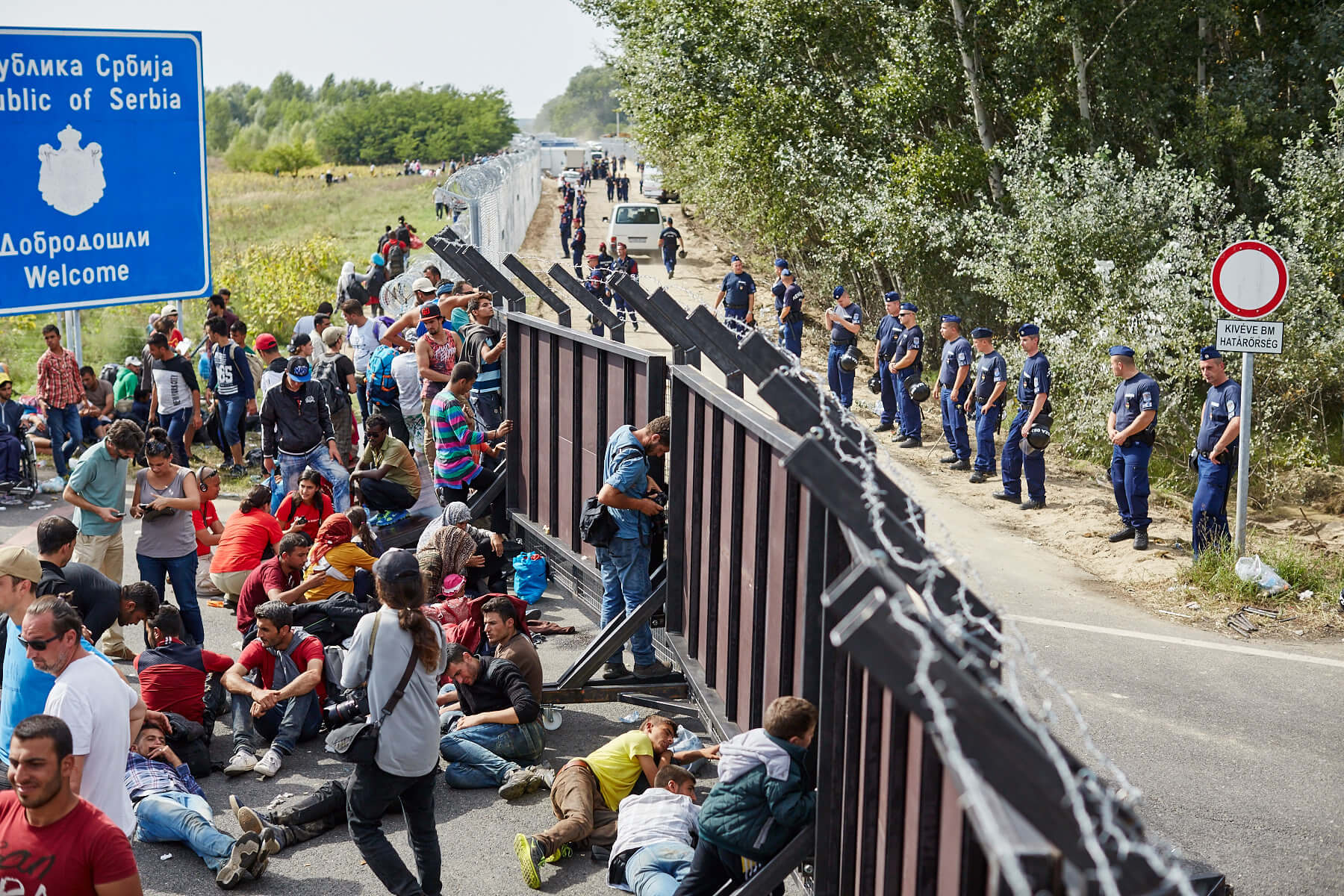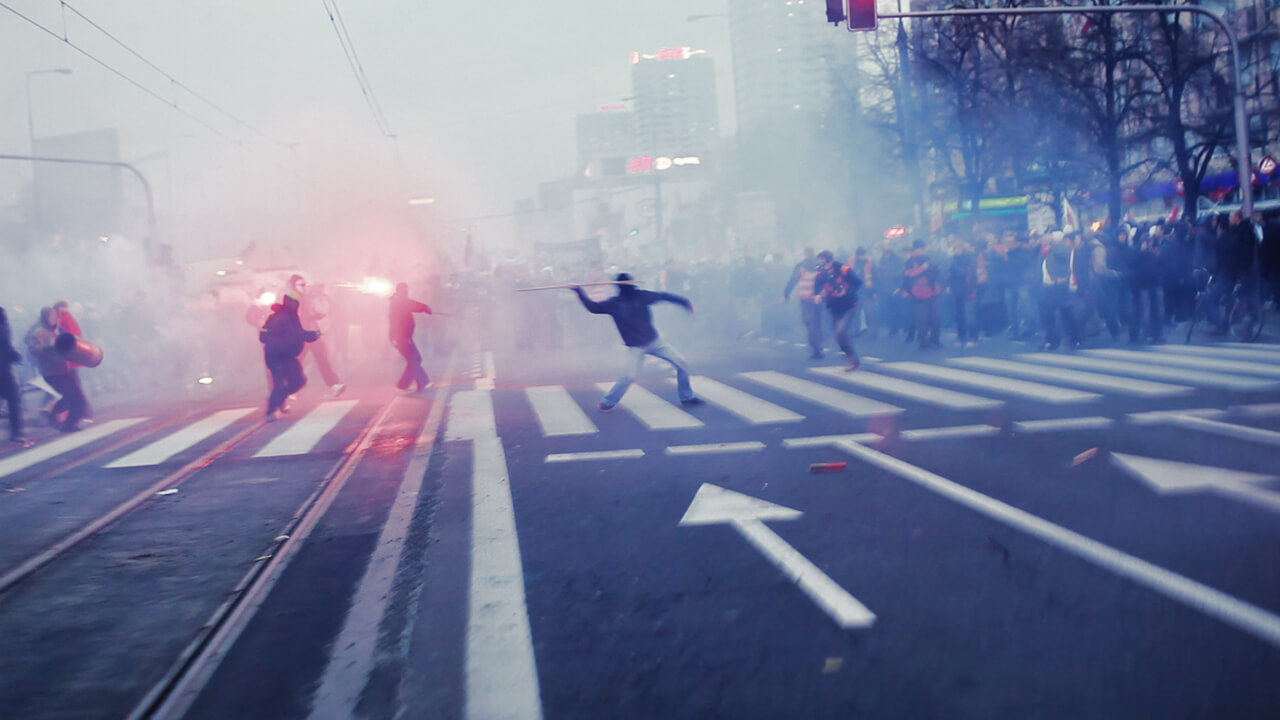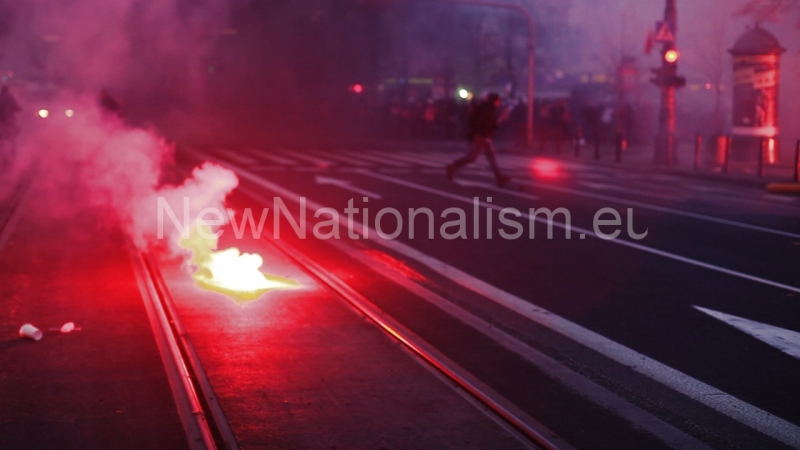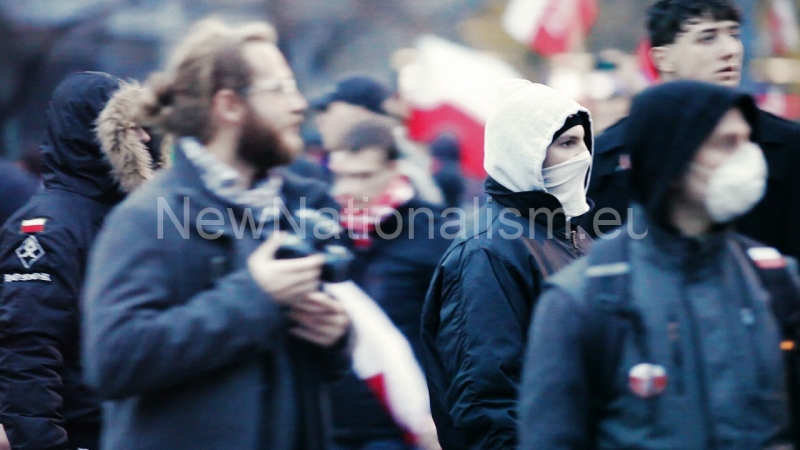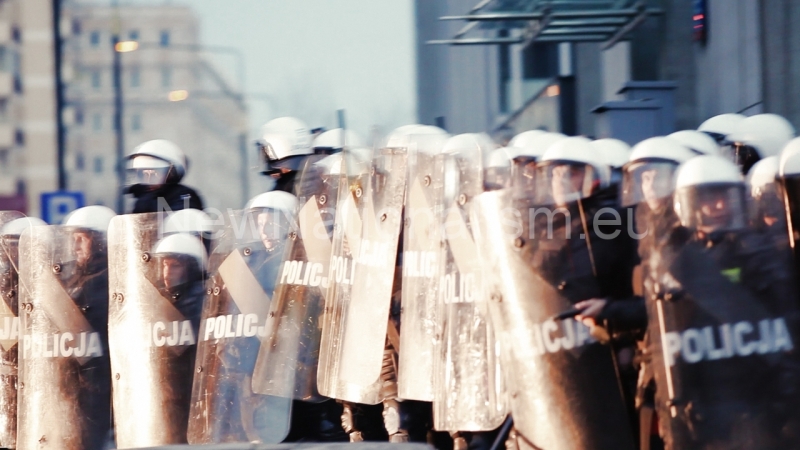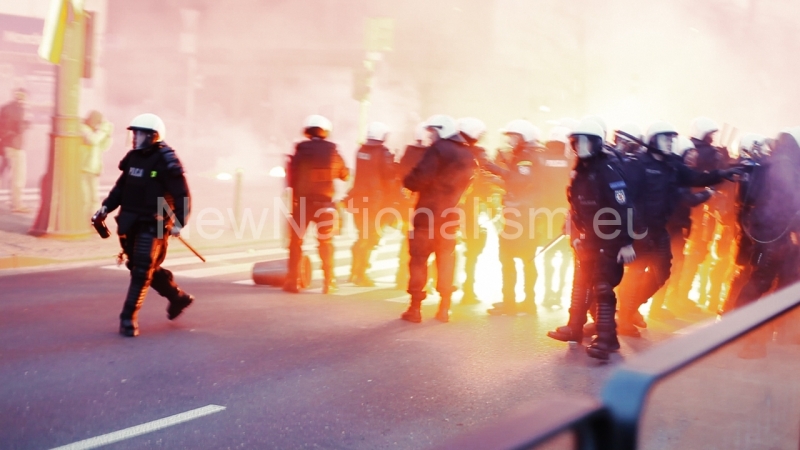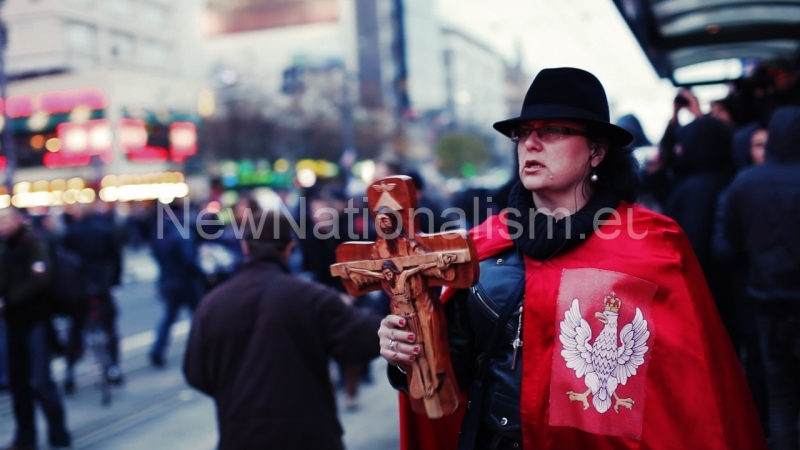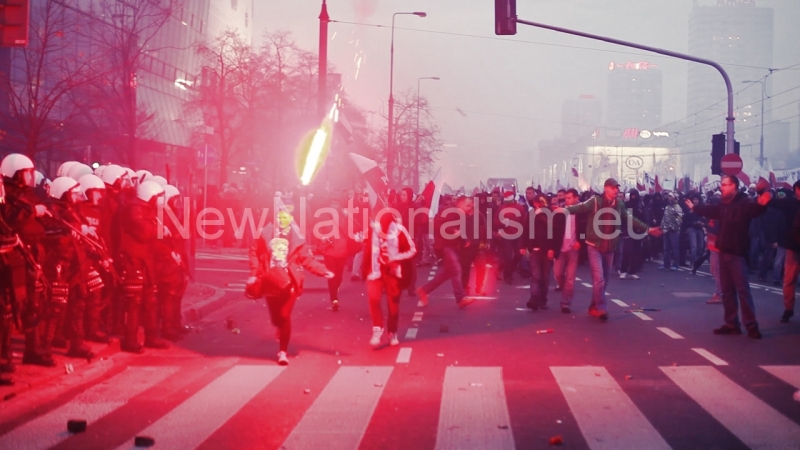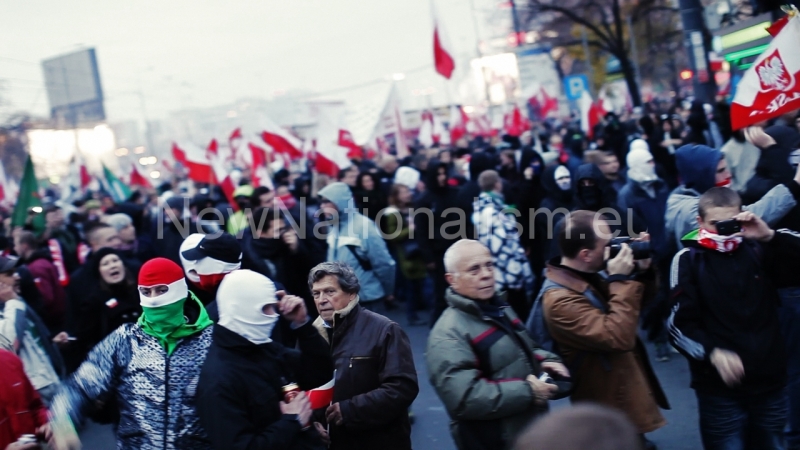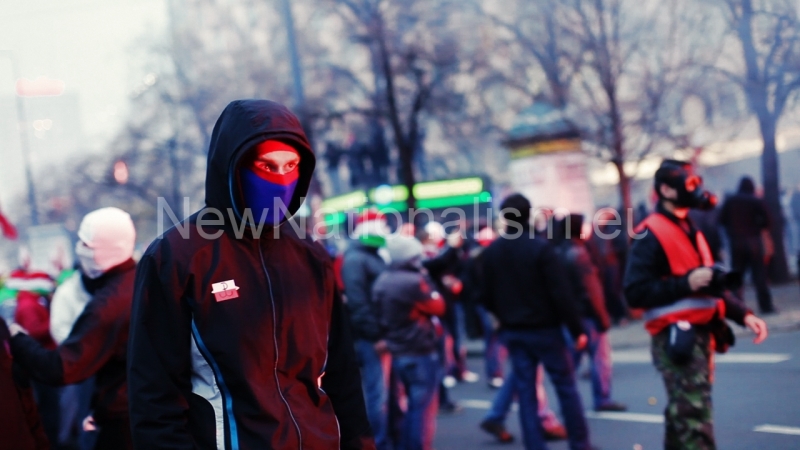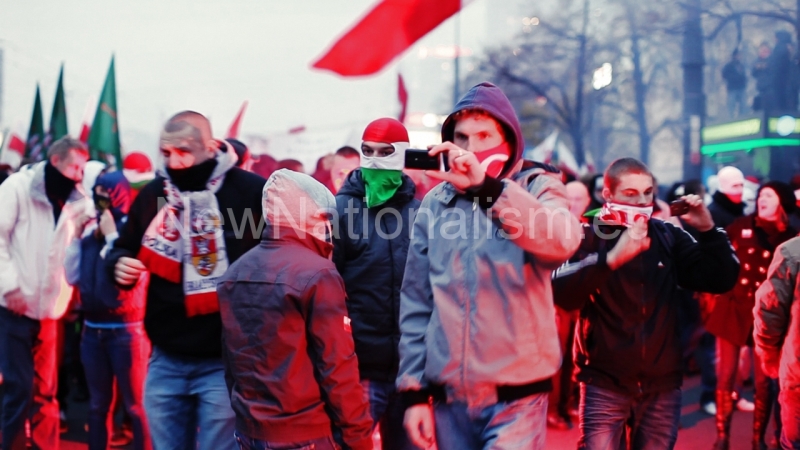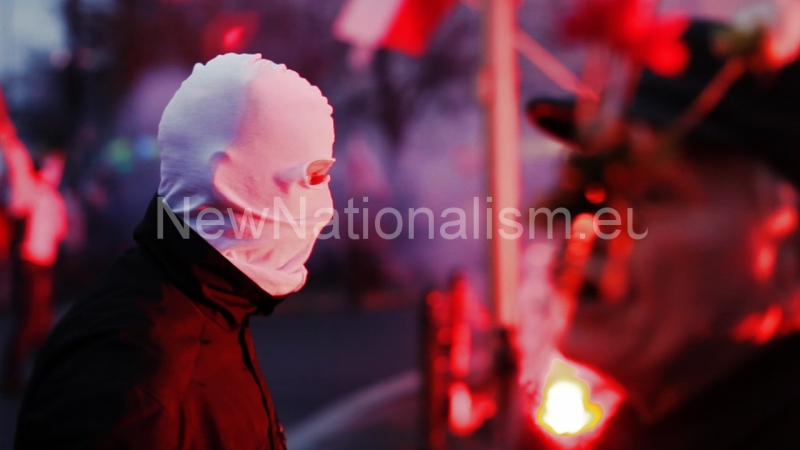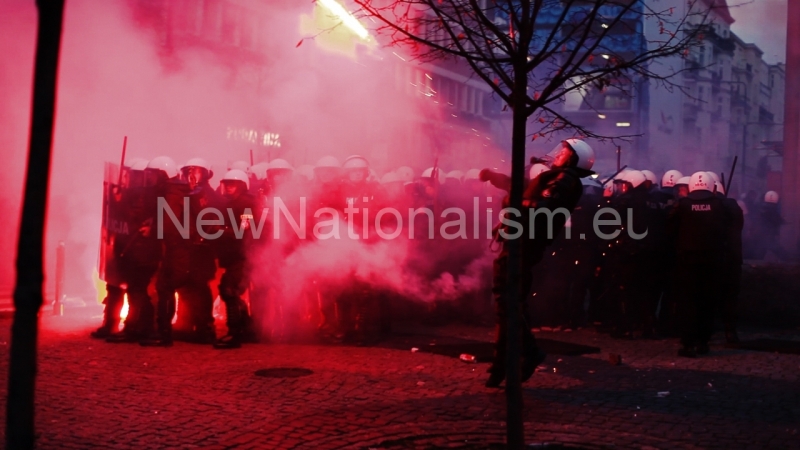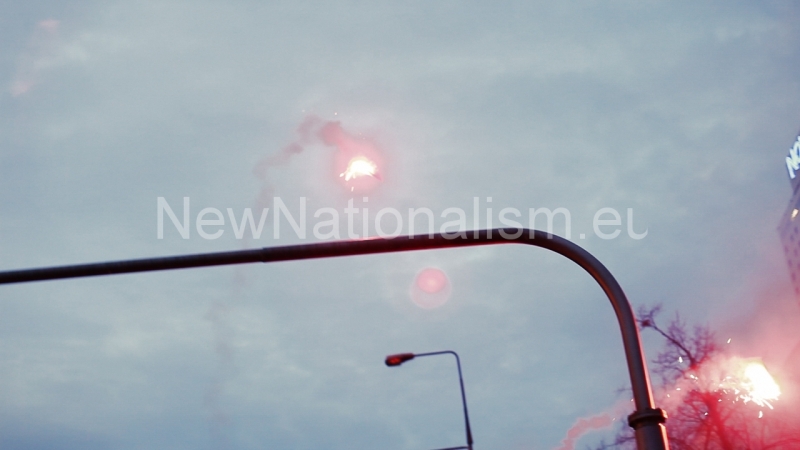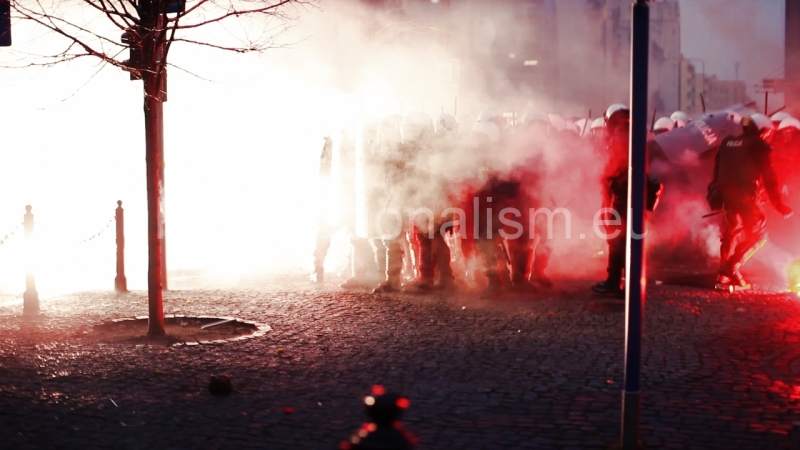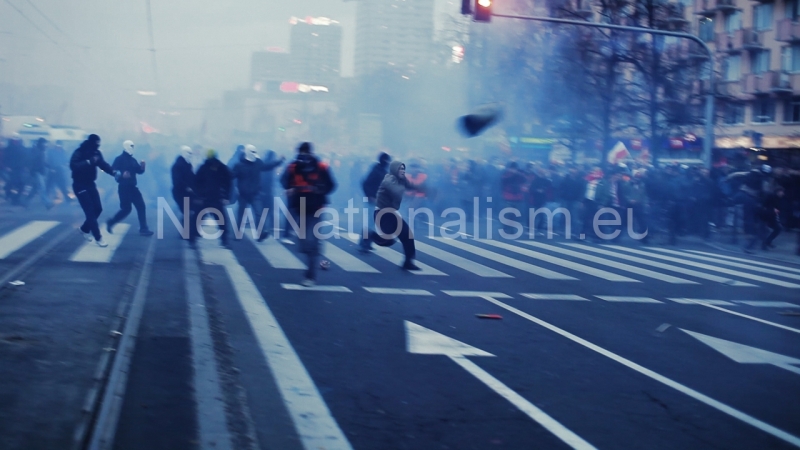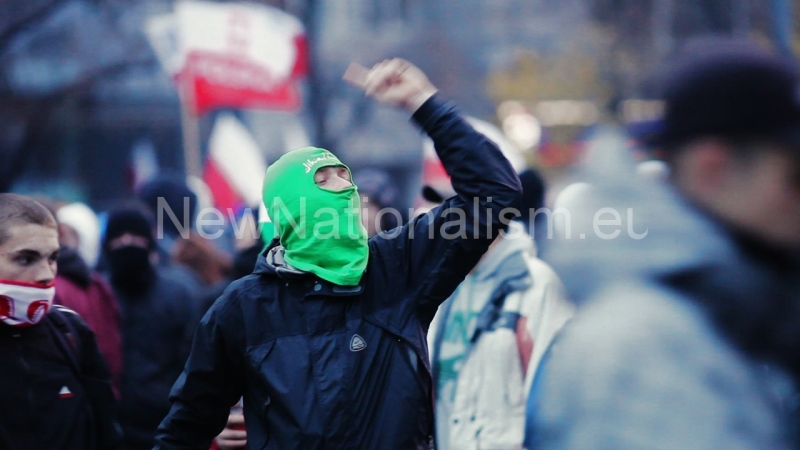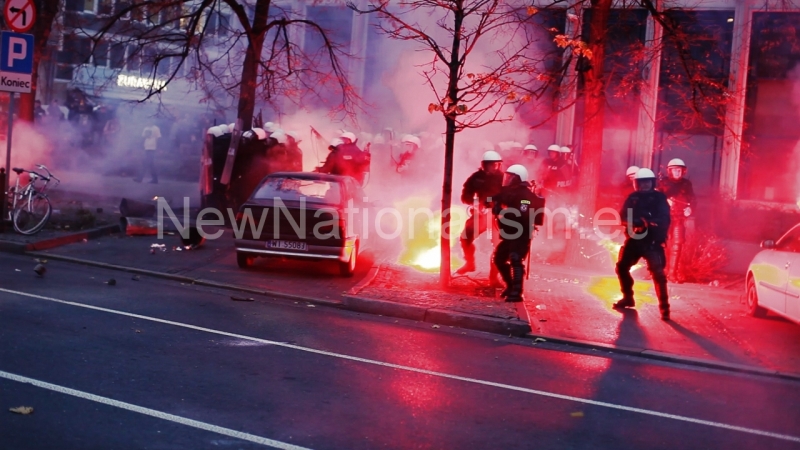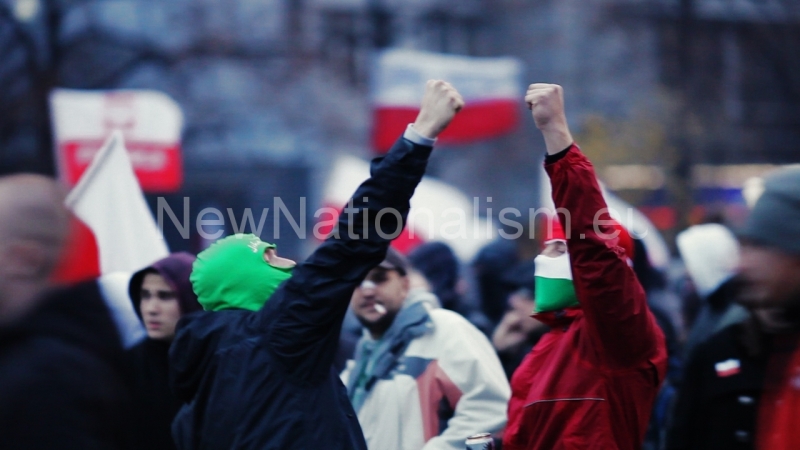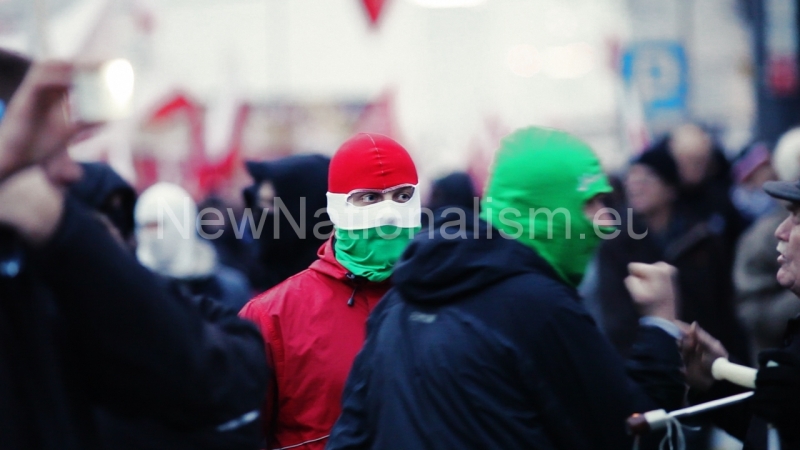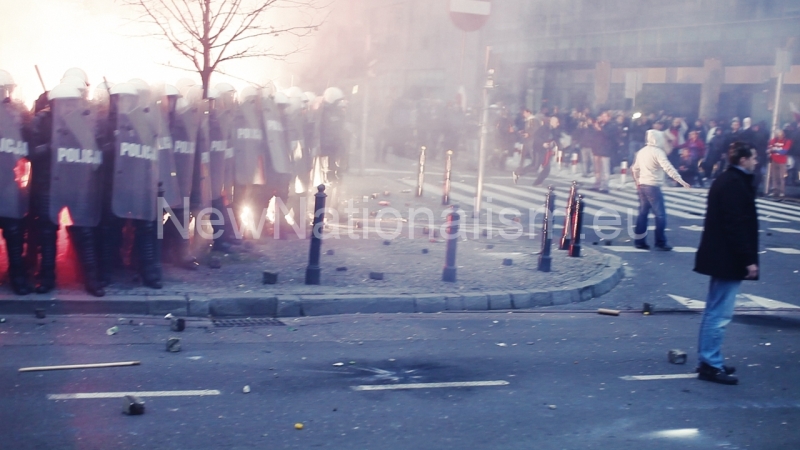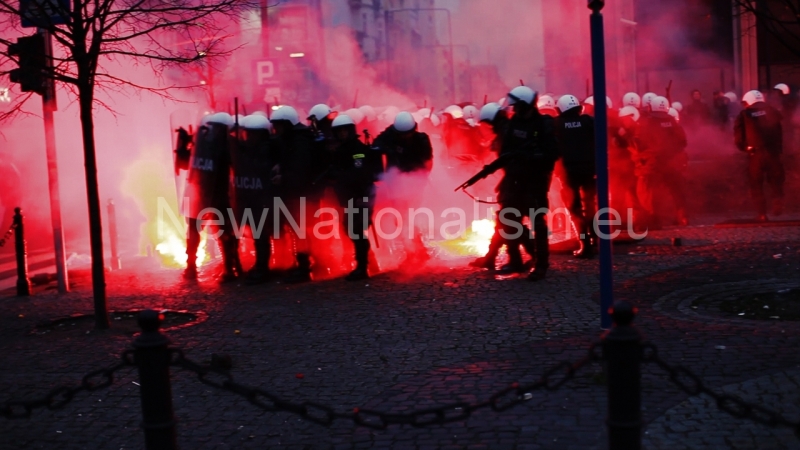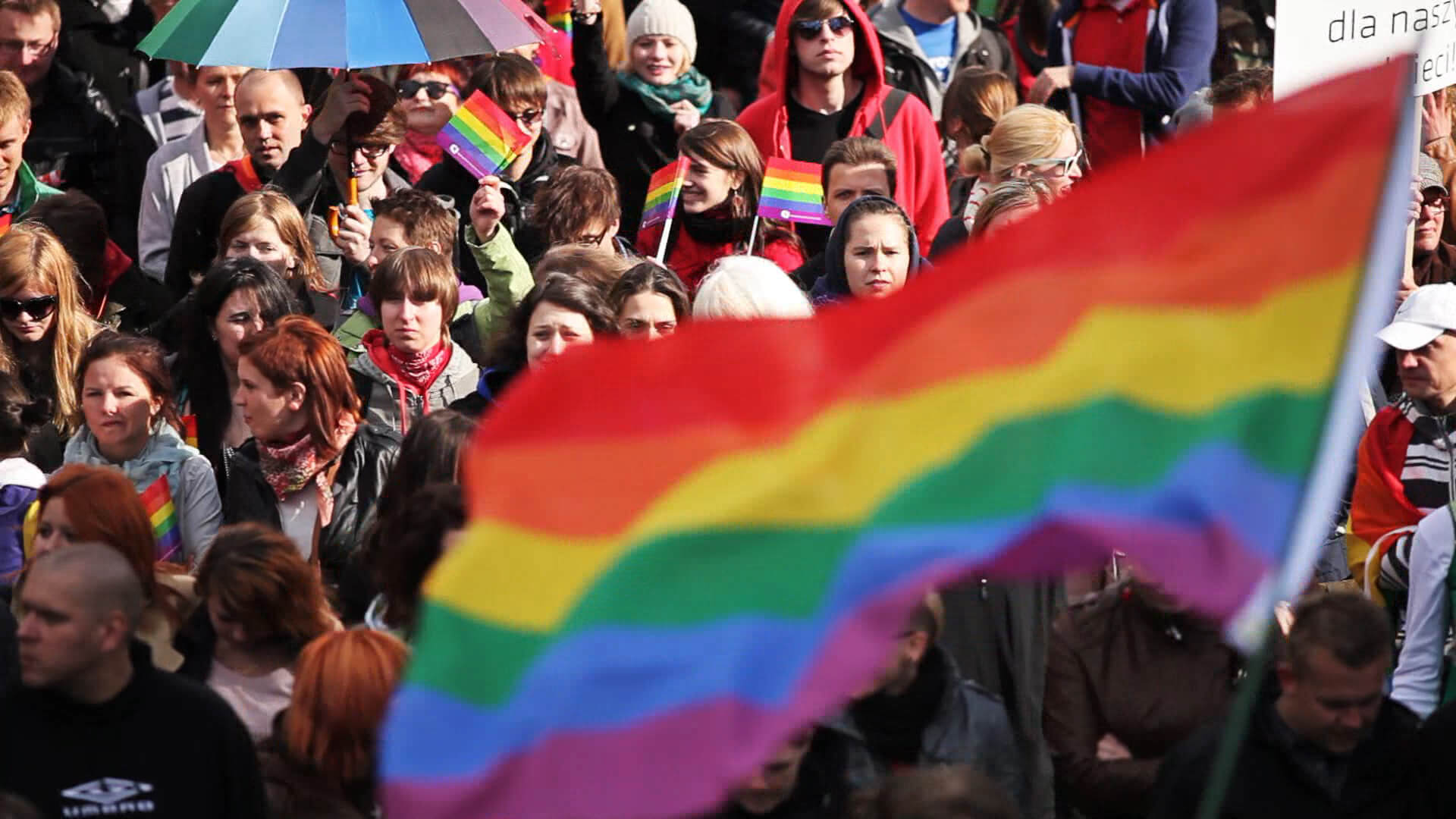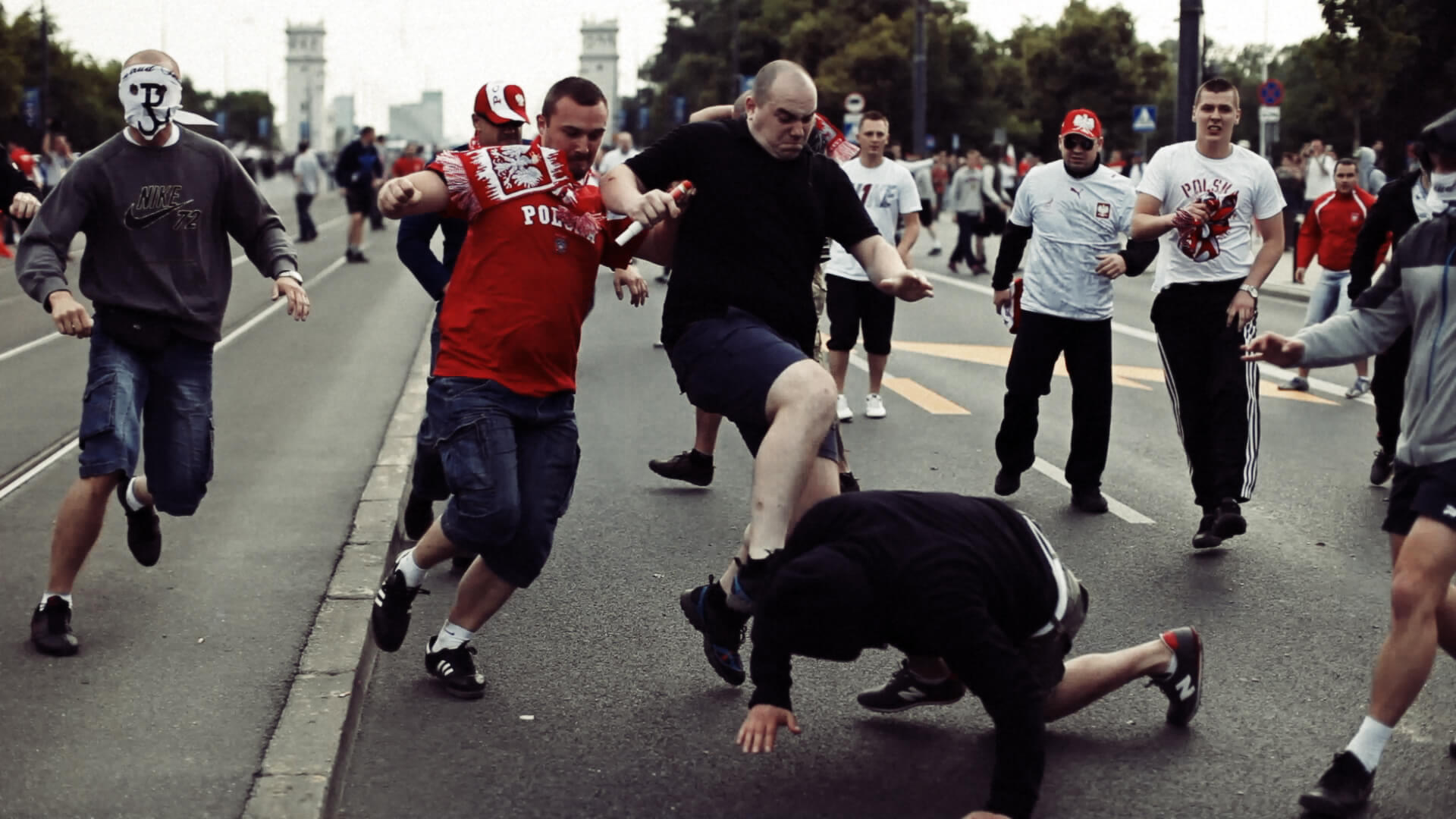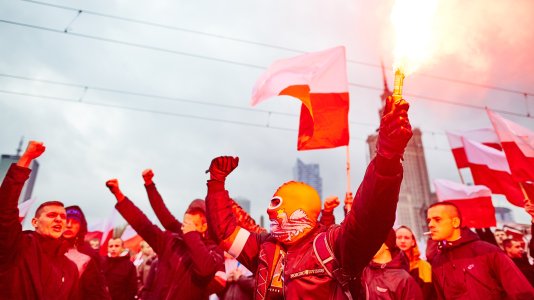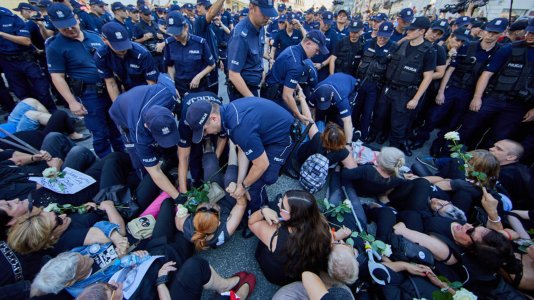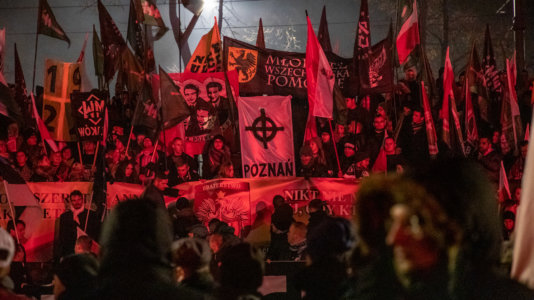On November 11th, 2012, Poland celebrated its Independence Day, but the celebrations were overshadowed by a controversial march known as the Marsz Niepodleglosci (March of Independence). The march was organized by far-right groups, and it attracted thousands of participants, many of whom espoused nationalist and anti-Semitic views.
The march began peacefully, with participants carrying Polish flags and chanting slogans in support of their country. However, as the march progressed, tensions began to rise. Some participants began to shout anti-Semitic slogans, and others carried banners with symbols associated with far-right groups.
The march was met with widespread criticism from Polish politicians, human rights groups, and members of the public. They condemned the hate speech and violence on display during the march, and called on the government to take action to protect the rights of all citizens, regardless of their race, religion, or political beliefs.
Despite the criticism, the organizers of the march defended their actions, saying that they were simply celebrating Poland’s independence and promoting patriotism. They argued that the media had unfairly portrayed them as extremists, and that they were simply expressing their opinions and beliefs.
The controversy surrounding the Marsz Niepodleglosci highlighted the ongoing struggle in Poland between nationalist and liberal forces. The country has a long and complicated history, and its people have been divided by politics, religion, and ethnicity for centuries.
In recent years, there has been a rise in nationalism and populism in Poland, fueled by concerns over immigration, globalization, and the erosion of traditional values. This has led to a polarization of the political landscape, with far-right groups on one side and liberal and progressive forces on the other.
The Marsz Niepodleglosci was a reminder of the challenges faced by Poland as it seeks to build a tolerant, inclusive, and democratic society. It showed that there is still much work to be done to overcome the legacy of the past and to create a future that is free from hate, violence, and discrimination.















